In the early 2000s, education focused on expanding its scale; from 2011 to 2020, it shifted to comprehensive fundamental innovation, increased application of information technology and international integration.
After 2020, the education sector will have breakthrough solutions to affirm its key role in the country's development.

By 2025, the education system will form a synchronous network from preschool to postgraduate level, with diverse types, approaching regional and international standards.
PHOTO: DAO NGOC THACH
STRENGTHENING THE FOUNDATION AND UNIVERSALIZING EDUCATION
In the period 2000-2010, Vietnamese education was shaped by profound philosophical changes: from a centralized management mechanism and resources mainly from the state budget to a socialized education; from education providing knowledge to comprehensive development of learners' capacity and qualities; from simple application of information technology to comprehensive digital transformation... These policies not only affirm the view that "Education is the top national policy" but also aim to build a humane, modern education, ensuring fairness and proactive international integration.
This is also the period of focusing on consolidating the foundation and universalizing education. By 2000, Vietnam had completed universal primary education and eradicated illiteracy. By June 2010, all 63 provinces and cities (old) had met the standards for universalizing lower secondary education. This period also saw the implementation of the new general education program and textbooks since 2002.
The 2005 Education Law abolished the semi-public model and replaced it with private, non-public models, creating a legal framework for the socialization of education. At the university level, the 2005 Education Law introduced the concept of "quality assessment" for the first time, and in 2007, the Ministry of Education and Training issued a set of standards including 10 standards and 61 criteria, the first step for a quality assurance system according to international standards.
STRONG REFORM
"Education is the top national policy" is a fundamental viewpoint that has been consistently expressed in policies over the past two decades. This is concretized by prioritizing resources, especially with the promulgation of Resolution No. 29-NQ/TW (2013) of the 11th Party Central Committee, which affirmed the importance of prioritizing state budget spending on education, reaching at least 20% of total spending.
Resolution 29 is considered a key document guiding the revolution of "Fundamental and comprehensive innovation" in education and training, one of the biggest policies of the Party and State in the field of education. This innovation aims to create comprehensively developed Vietnamese people and build an open, practical, practical education system, focusing on standardization, modernization, socialization, democratization and international integration.
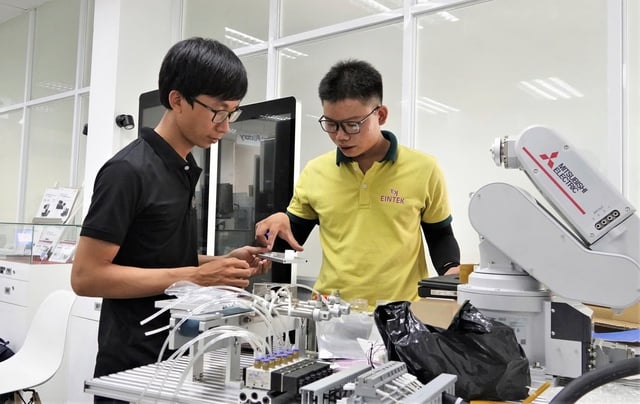
Many policies create breakthroughs in education and training development so that Vietnam can have a modern, equitable and high-quality national education system.
PHOTO: SY DONG
On the basis of Resolution 29, fundamental and comprehensive innovation in education with many major reforms was implemented. The 2018 general education program was issued, shifting from content approach to capacity and quality development; textbooks were socialized for the first time by many groups of authors, implemented from grade 1 (2020 - 2021). Experiential activities and career guidance became compulsory; many compulsory subjects became elective subjects at high school level...
This is also the period when the 2019 Education Law was born, institutionalizing many important education policies, supplementing regulations on programs, textbooks, teacher standards and support policies for disadvantaged students.
Educational equity is improved thanks to policies to support poor students, students from disadvantaged areas, and ethnic minorities, helping to increase enrollment rates of disadvantaged groups.
International integration and digital transformation have become new driving forces: many training institutions have international partnerships, while digital transformation after the Covid-19 pandemic has promoted the construction of digital learning resources, online teaching and modern administration, laying the foundation for Vietnam's digital education ecosystem.
By 2025, the education system will form a synchronous network from preschool to postgraduate level, with diverse types, approaching regional and international standards.
N MANY BIG DECISIONS WILL BE IMPLEMENTED
Emphasizing that education and training have never received as much attention as they do now, Minister of Education and Training Nguyen Kim Son commented: The education sector is being assigned many tasks, expectations, and great trust. When the country is facing a breakthrough, it is impossible not to develop education and training. The challenge of the education sector is not only to cope with difficulties and poverty, but also to cope with the challenges of development. "Our mission is so great that if we cannot develop it, it is a great mistake," the head of the education sector affirmed.
Mr. Kim Son also affirmed that the keyword for the school year marking the 80th anniversary of the education and training sector is "implementation", many major decisions will be implemented from this school year such as: The construction and implementation of 4 important laws in the coming time (Law on Teachers, Law amending and supplementing a number of articles of the Education Law, Law amending and supplementing the Education Law, Law amending and supplementing the Vocational Education Law); The implementation of newly issued resolutions and expected to be issued in the coming time on the modernization of education and training, tuition exemption for students from preschool to high school, universalizing preschool education for children 3-5 years old...
At the recent conference to deploy tasks for the new school year, Prime Minister Pham Minh Chinh also said that the Politburo will issue resolutions to create breakthroughs in education and training development, and directed: "More than ever, we need to focus on prioritizing all resources for education and training development, creating all mechanisms and policies that are truly open and favorable, with modern and transparent infrastructure, and smart people and management."
By 2045, Vietnam's education will be in the top 20 countries in the world.
On August 22, General Secretary To Lam signed and issued Resolution 71 of the Politburo on breakthroughs in education and training development.
Among the tasks and solutions, the Politburo requested to review and evaluate the implementation of the General Education Program; ensure the provision of a unified set of textbooks nationwide, and strive to provide free textbooks to all students by 2030.
The Politburo also requested comprehensive digital transformation, popularization and strong application of digital technology and artificial intelligence in education and training. Strongly innovate institutions, create unique and outstanding mechanisms and policies for education and training development.
There are special and outstanding preferential policies for teachers; increase vocational allowances for preschool and general education institutions to at least 70% for teachers, at least 30% for staff, and 100% for teachers in particularly difficult areas, border areas, islands, and ethnic minority areas.
The Politburo also requested fundamental innovation in financial mechanisms and policies and investment in education and training. State budget expenditure for education and training must reach at least 20% of total state budget expenditure.
The Politburo agreed on the policy of developing and implementing a new national target program on modernization and improving the quality of education and training for the 2026-2035 period; prioritizing investment in higher education. Strive for at least 8 higher education institutions to be in the top 200 universities in Asia, and at least 1 higher education institution to be in the top 100 universities in the world in a number of fields according to prestigious international rankings.
By 2035, strive to have at least 2 higher education institutions in the top 100 universities in the world in a number of fields according to prestigious international rankings.
Resolution 71 of the Politburo also states that by 2045, Vietnam will have a modern, equitable and high-quality national education system, ranked among the top 20 countries in the world. Strive for at least 5 higher education institutions to be among the top 100 universities in the world in a number of fields according to prestigious international rankings.
Source: https://thanhnien.vn/nhung-cuoc-doi-moi-toan-dien-cua-nen-giao-duc-185250831181212547.htm



![[Photo] Celebration of the 65th Anniversary of the Establishment of Diplomatic Relations between Vietnam and Cuba](https://vphoto.vietnam.vn/thumb/1200x675/vietnam/resource/IMAGE/2025/9/1/0ed159f3f19344e497ab652956b15cca)
![[Photo] General Secretary receives heads of political party delegations from countries attending the 80th anniversary of our country's National Day](https://vphoto.vietnam.vn/thumb/1200x675/vietnam/resource/IMAGE/2025/9/1/ad0cb56026294afcae85480562c2e790)
![[Photo] Chu Dau Ceramics – Proud of Vietnamese identity at Exhibition A80](https://vphoto.vietnam.vn/thumb/1200x675/vietnam/resource/IMAGE/2025/9/1/c62ab2fc69664657b3f03bea2c59c90e)
![[Photo] People eagerly wait all night for the parade on the morning of September 2](https://vphoto.vietnam.vn/thumb/1200x675/vietnam/resource/IMAGE/2025/9/1/0cf8423e8a4e454094f0bace35c9a392)
![[Photo] National Assembly Chairman Tran Thanh Man receives Cambodian Senate President Hun Sen](https://vphoto.vietnam.vn/thumb/1200x675/vietnam/resource/IMAGE/2025/9/1/7a90c9b1c1484321bbb0fadceef6559b)
![[Photo] Solemn reception to celebrate the 80th anniversary of the National Day of the Socialist Republic of Vietnam](https://vphoto.vietnam.vn/thumb/1200x675/vietnam/resource/IMAGE/2025/9/1/e86d78396477453cbfab255db1e2bdb1)





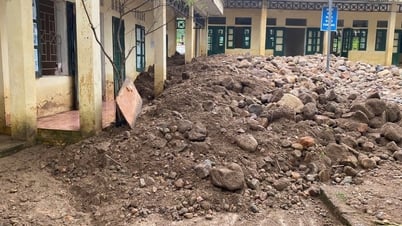





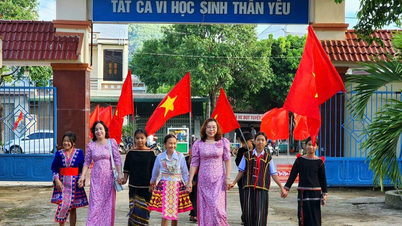













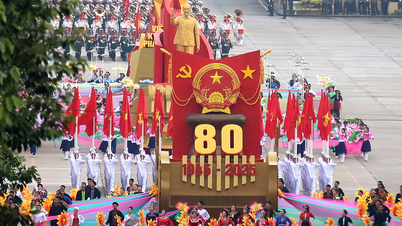




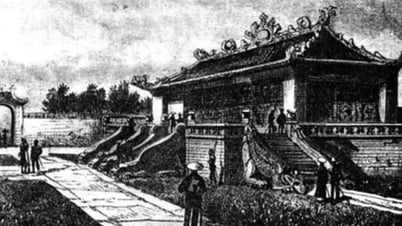
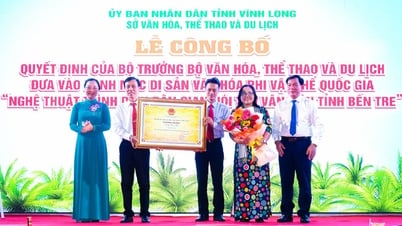









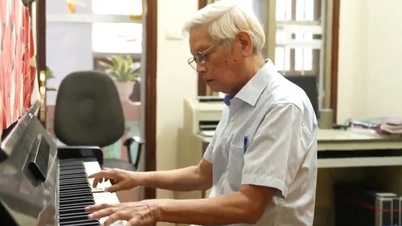
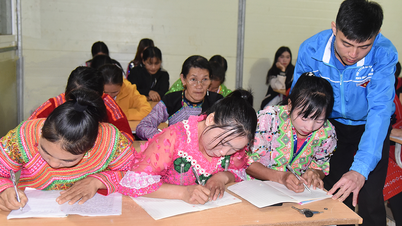


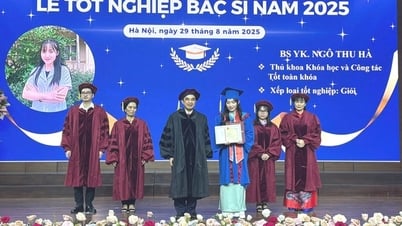








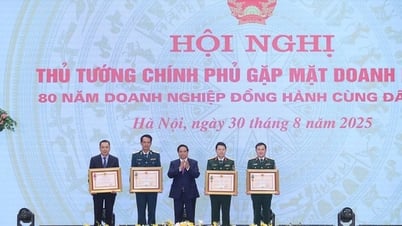



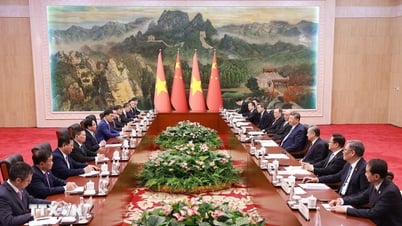

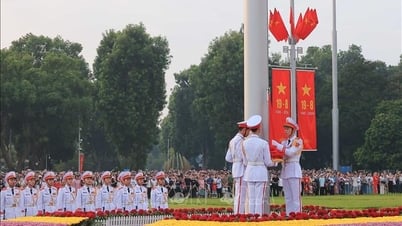

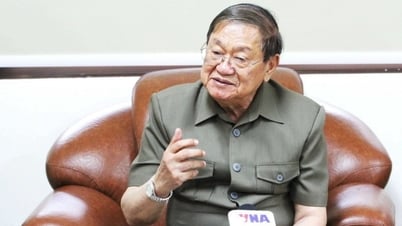

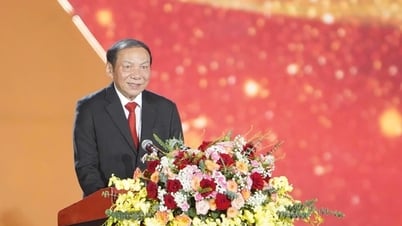

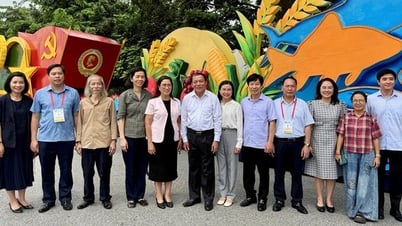
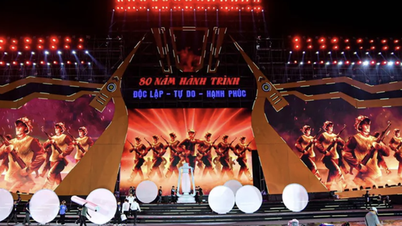






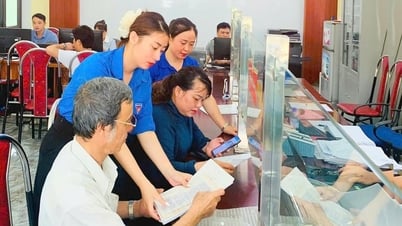










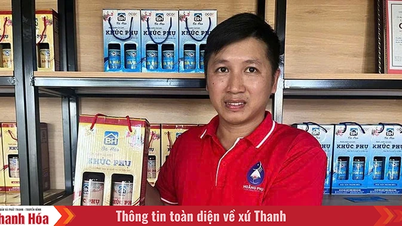



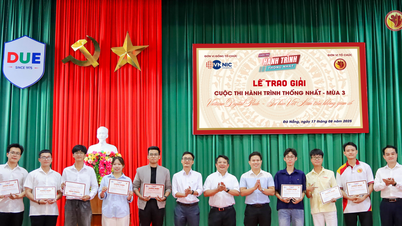




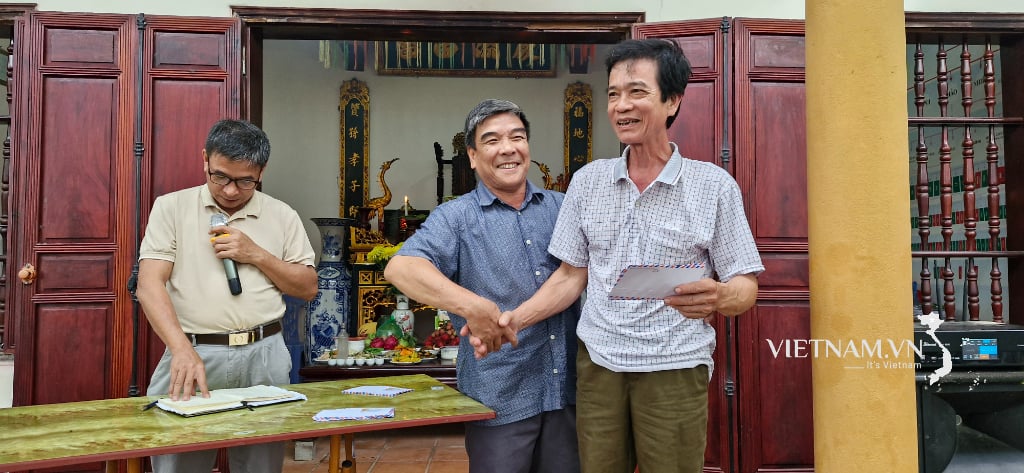


Comment (0)